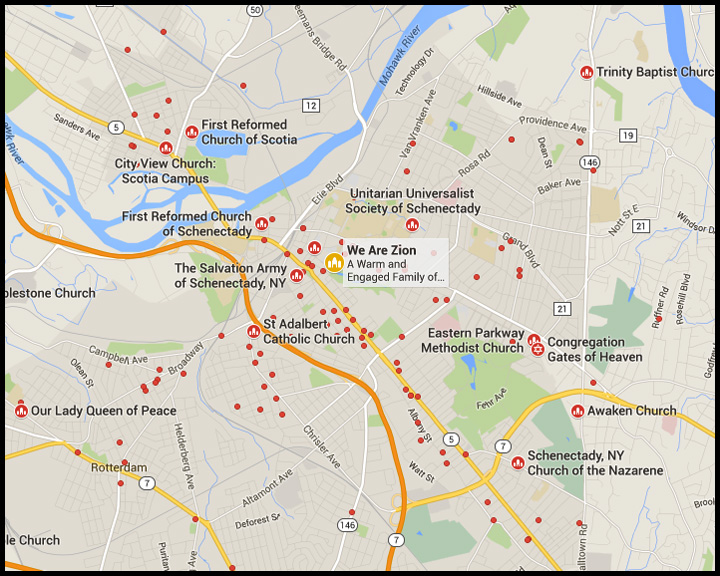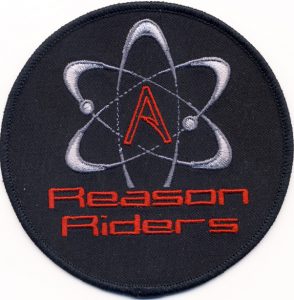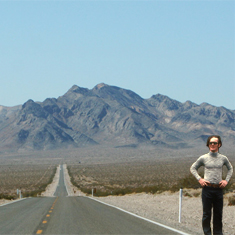 All the Bernie supporters on my friends list, I honor your liking for your candidate, and I’m VERY GLAD he’s running. I’m glad he’s saying all the things he’s saying, and I’m glad there are people who love him. I truly feel he’s shifting the ground of discussion in the United States, and I love the direction it’s going.
All the Bernie supporters on my friends list, I honor your liking for your candidate, and I’m VERY GLAD he’s running. I’m glad he’s saying all the things he’s saying, and I’m glad there are people who love him. I truly feel he’s shifting the ground of discussion in the United States, and I love the direction it’s going.
But to me his candidacy has the feel of a mad, crazy pep rally for a team that can’t win. Look at the numbers. JOE BIDEN is passing Bernie nationally in this poll. And Biden is not even running, not even pretending to run.
Vice President Joe Biden has surpassed Bernie Sanders for second place in the democratic primary race according to a new nationwide poll from Monmouth University. Biden, despite not being a candidate and not running a campaign, now has twenty-two percent of the vote, edging past Sanders who is now in third place at twenty percent. Meanwhile frontrunner Hillary Clinton still retains forty-two percent, giving her a two-to-one margin over both potential competitors.
… the news may be troubling for Sanders, who despite being significantly behind nationally for the entire race, had up to now been able to point to momentum as the best thing going for his hopes.
… But it’s eye opening that at least one poll now lists upstart Bernie Sanders in third place, while suggesting that Joe Biden’s potential entry into the race wouldn’t negatively impact the massive nature of Hillary Clinton’s primary lead.
I’m not asking you to switch allegiances. I’m not asking you to love Hillary Clinton. I am asking you to think seriously about what you’ll do on Election Day.
If it’s not Bernie up there, I hope you’ll swallow your disappointment and vote. I hope you’ll understand that MOST of what you hear about Hillary — maybe most of what you THINK about her — is the result of 15 years of lies by FOX News, Rush Limbaugh, and every other lying mouthpiece on the right. A lot of that is pure misogyny — the real kind — just like the pure racism that Barack Obama has faced since he appeared on the national scene.
She’s a great candidate, she’ll make a good president. I’m convinced she’ll follow in Barack Obama’s footsteps and continue moving the country in a positive direction. I think she’ll be HISTORIC, just as Obama is historic.
And if nothing else, remind yourself that we can’t afford ANY of the rotten GOP demagogues now running to get into the White House. I’d like to see the whole sordid lot of Republicans swept out of Congress and sent back home to run tire stores or ambulance-chasing law offices.
Keep supporting Bernie. But don’t talk Hillary down. Support her at least enough not to spread the lies and hate. Hell, make an effort to see the good side of her, the good things she’s done, her strengths as a candidate. And if she’s the candidate chosen to run, VOTE FOR HER. I’ll bet Bernie Sanders will.











